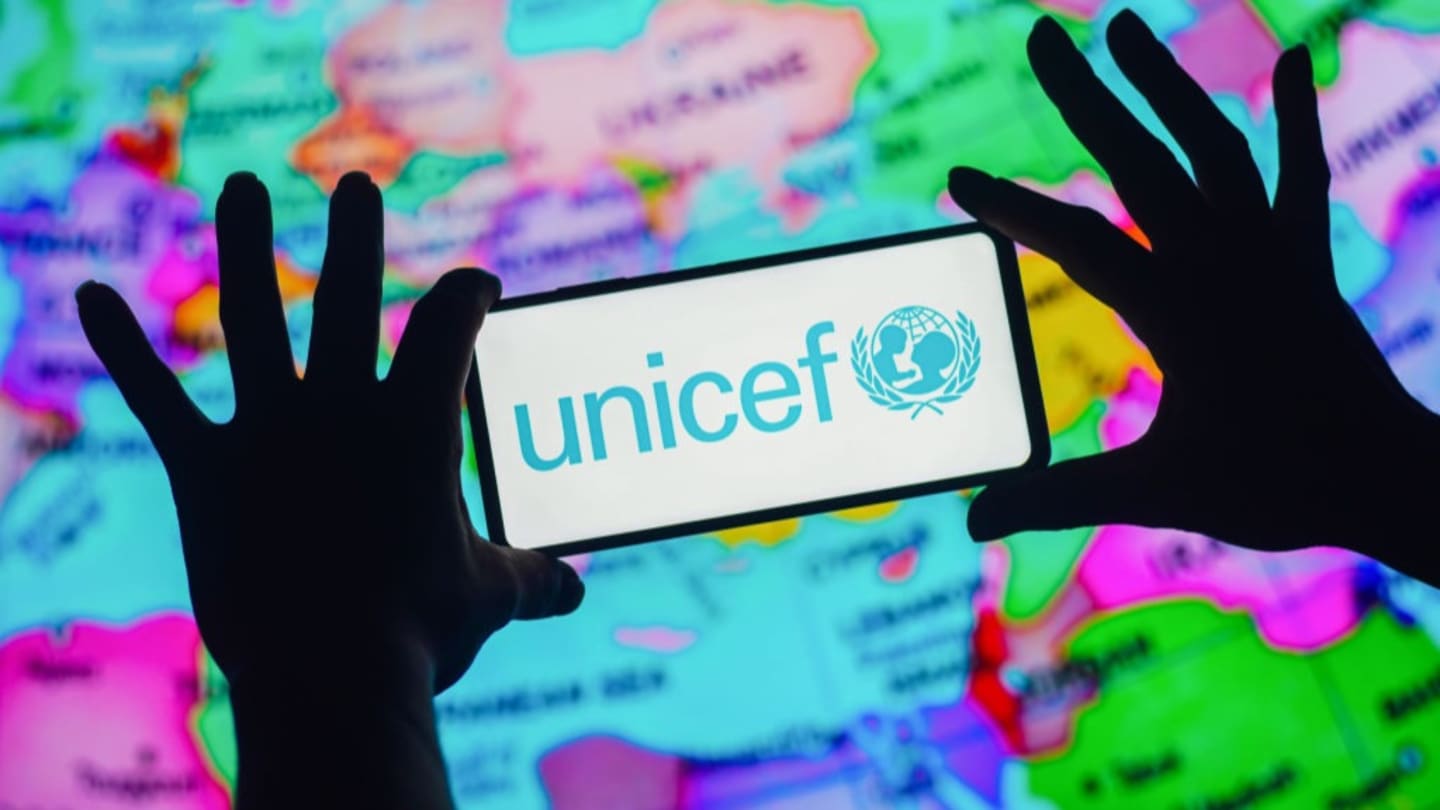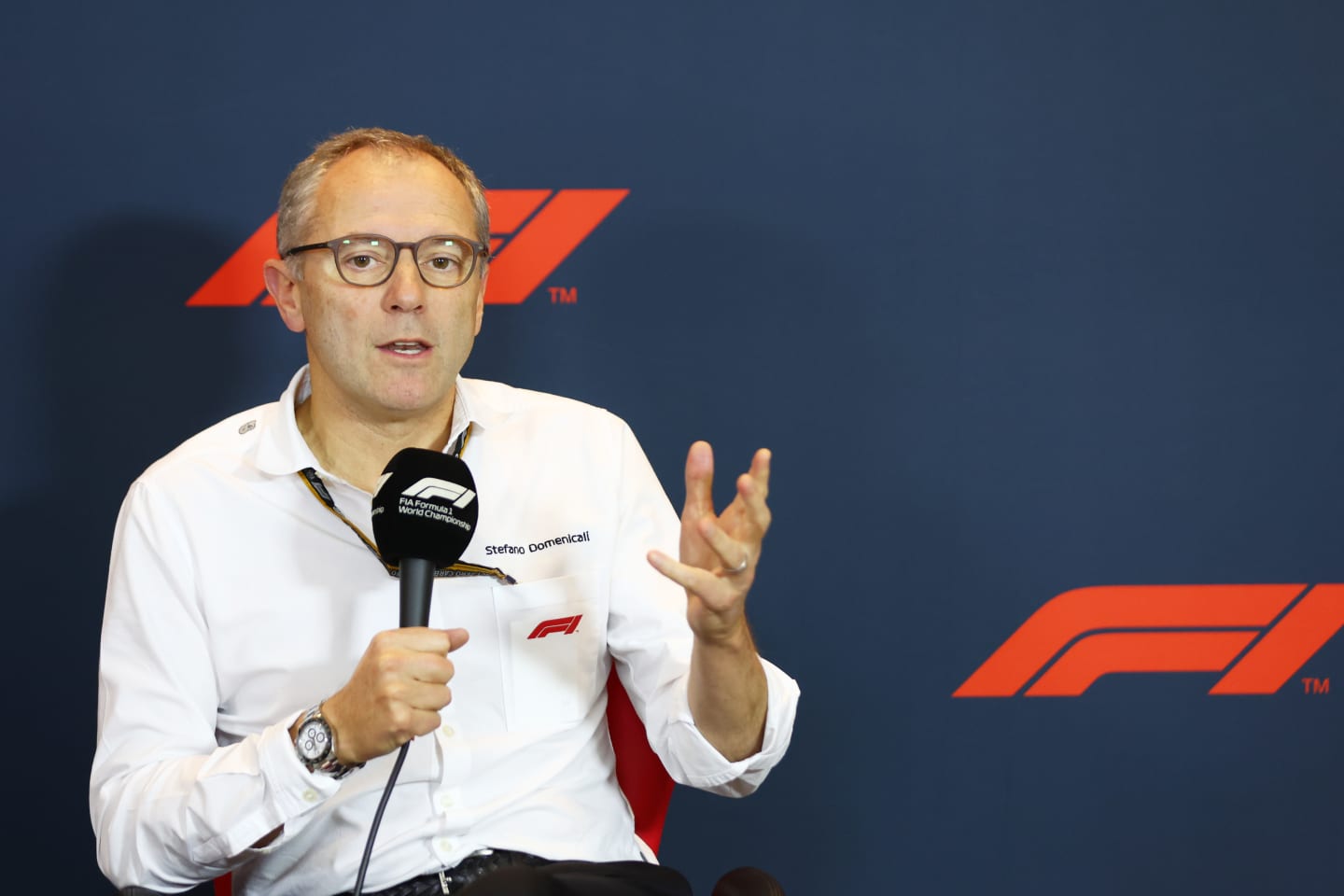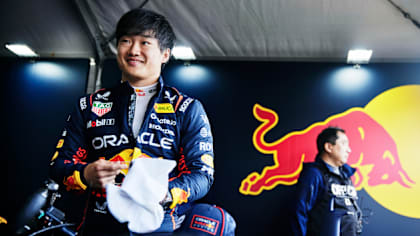News
F1 joins forces with UNICEF to help educate millions of vulnerable children and bolster emergency response
Share
Formula 1 has announced a new partnership with UNICEF to help the world’s most vulnerable children access quality education, and bolster the agency’s humanitarian response across the globe so it can help protect children in emergencies, such as those caught up in the recent earthquakes in Turkey and Syria.
UNICEF estimates that, in 2022, 70% of the world’s 10-year-olds lacked basic literacy skills, with limited access to the internet and digital devices – exacerbated by the Covid-19 pandemic – widening inequalities.
READ MORE: Formula 1 extends Engineering Scholarship programme to 2025
A priority of the partnership with F1 will be to improve digital access through the expansion of UNICEF’s Learning Passport, a portable digital platform that enables children to continue learning online and offline.
The passport scheme is currently operational in 26 countries, but F1’s support will help expand the programme to an additional 19 countries, while enabling the launch of an offline version for children in Mexico and Brazil.
F1 will also support the child rights agency’s emergency response efforts through a donation to their Emergency Fund.

A priority of the partnership with F1 will be to improve digital access through the expansion of UNICEF’s Learning Passport
It is estimated that F1’s support over the next three years could help an estimated 6.5 million children from vulnerable and marginalised communities access quality education, including in key areas such as Science, Technology, Engineering and Maths (STEM), and enable UNICEF to provide temporary learning places for children in emergencies.
“In a sport where research, technology and innovation play a vital role in a driver and team’s success, education is at the core of Formula 1," said F1 President and CEO Stefano Domenicali.
"The partnership with UNICEF will enable us to effectively use our sport’s global platform to help bridge the educational divide experienced by the world’s most vulnerable children.
"Every child has a right to a quality education and to be protected during emergencies. We are proud that we can play a role in ensuring the most vulnerable children are equipped with the knowledge and skills they need to achieve their goals.”

F1 President and CEO Stefano Domenicali
Jon Sparkes, Chief Executive of The UK Committee for UNICEF (UNICEF UK), added: “The world is facing a growing learning crisis, with millions of children continuing to miss out on school and access to the technology they need to learn and flourish.
"Investment in education is fundamental to the development of children and young people, and to building the societies and economies they need for the future, so we must act now to prevent this learning crisis.
READ MORE: Formula 1 on course to deliver 100% sustainable fuels for 2026
"With Formula 1, we are starting a new partnership that will help ensure that more children have access to quality learning and the skills training they need to succeed in school, work and life. At UNICEF, we believe that sports play a unique role in bringing people together, helping us to address the biggest issues affecting children, including those caught up in humanitarian emergencies."
F1’s partnership with UNICEF builds on its strong history of educational support, including a recently extended Engineering Scholarship programme for underrepresented groups, along with various STEM and employment outreach programmes.
Share
YOU MIGHT ALSO LIKE
Feature ‘It can’t get crazier than this’ – Tsunoda on his Red Bull promotion, new team mate Verstappen and the ‘complete unknown’ he faces at Suzuka
News Ex-Red Bull driver Webber assesses challenge facing team after ‘unacceptable’ lap time difference between Verstappen and Lawson
Interview EXCLUSIVE: Perez reveals talks with ‘a few’ teams as he hints at possible F1 return
News Formula 2 racer Victor Martins joins Williams Driver Academy




